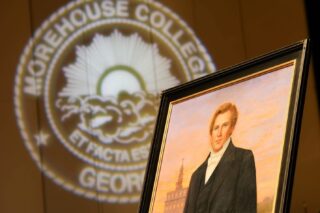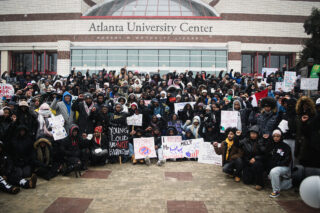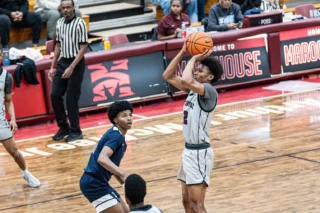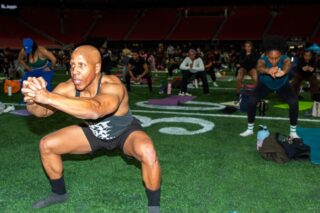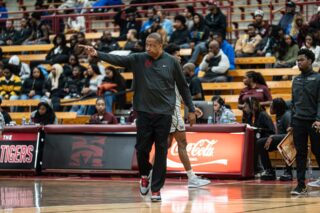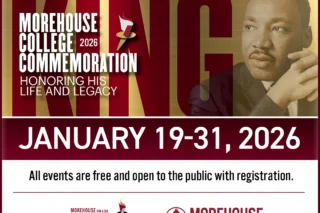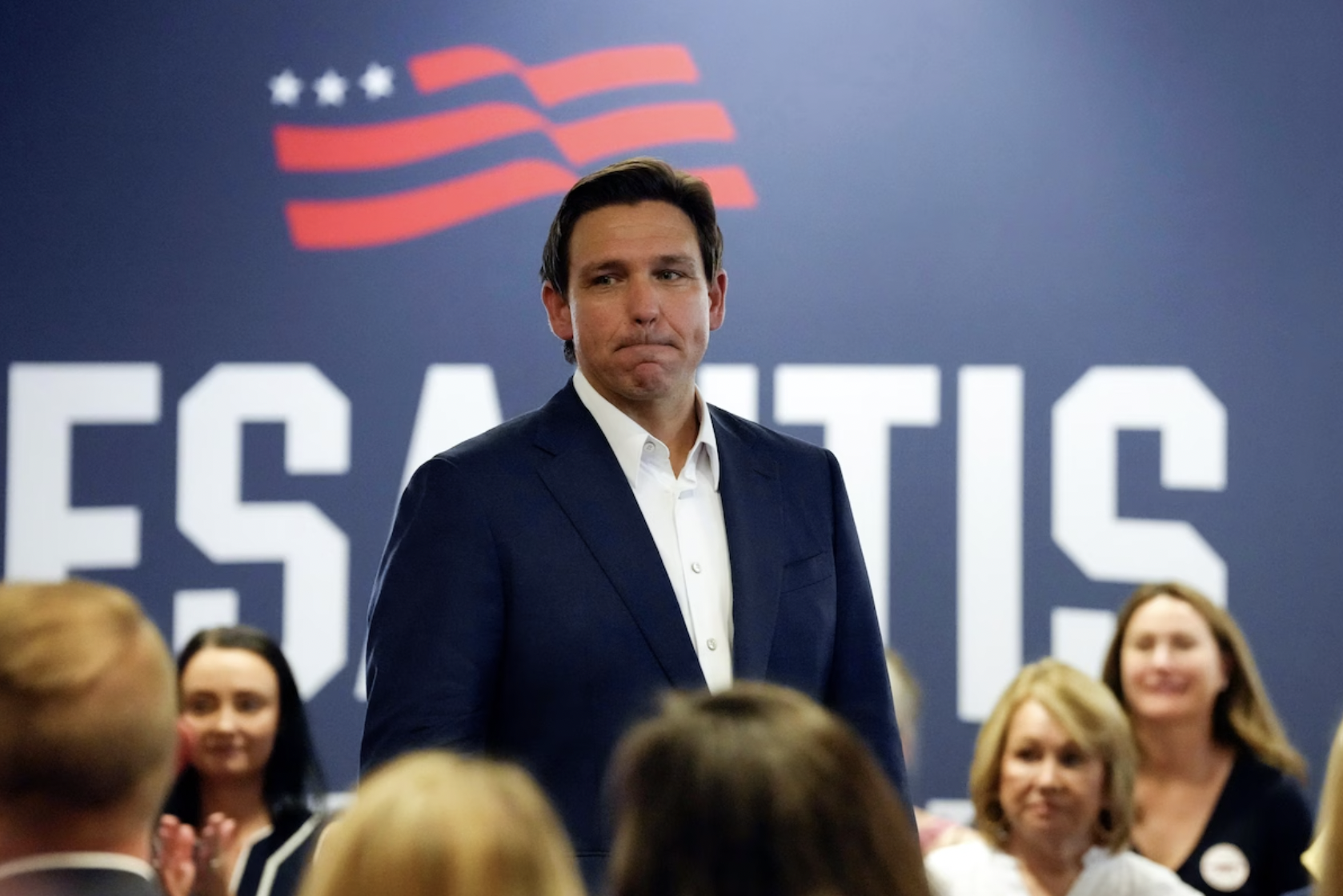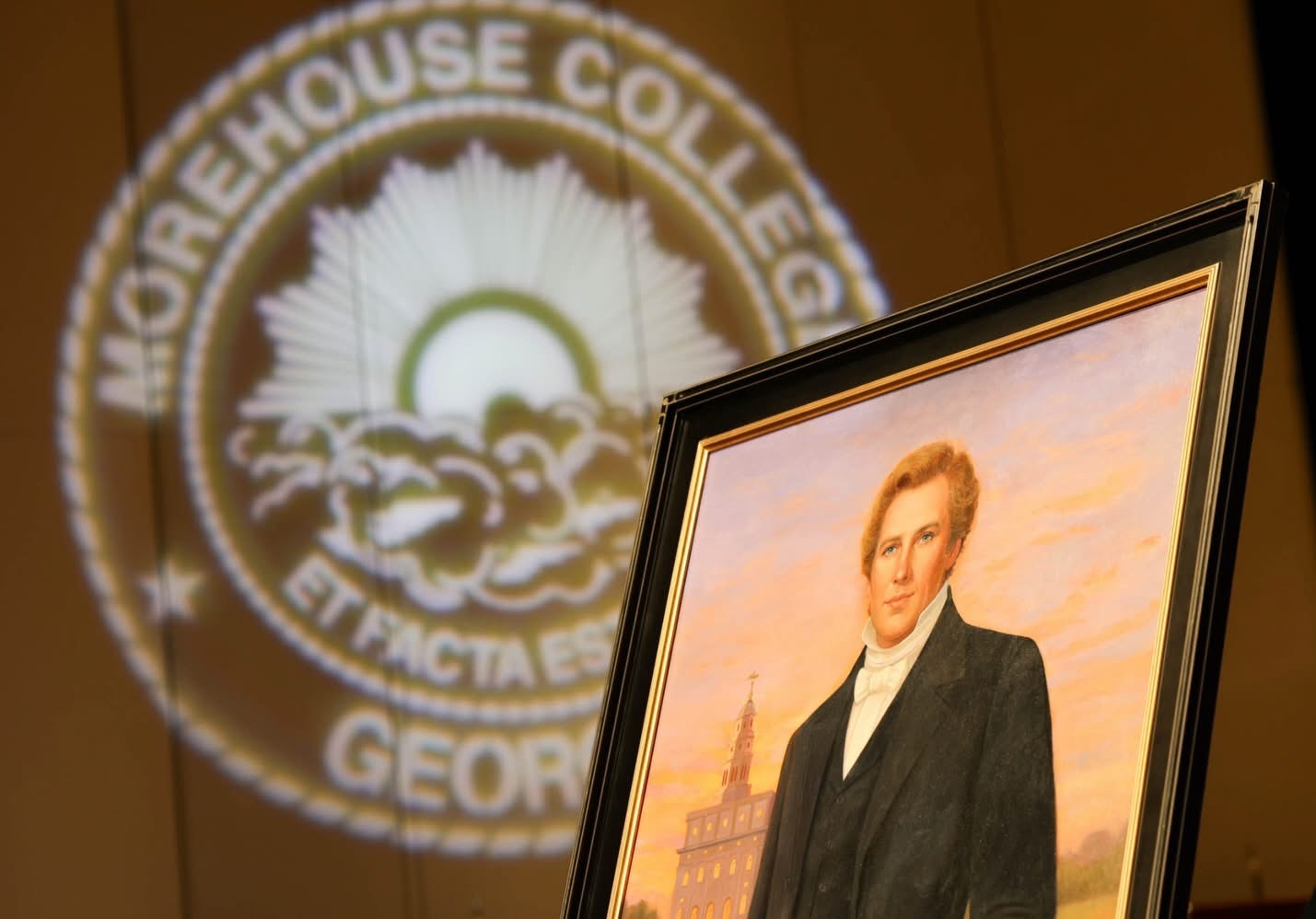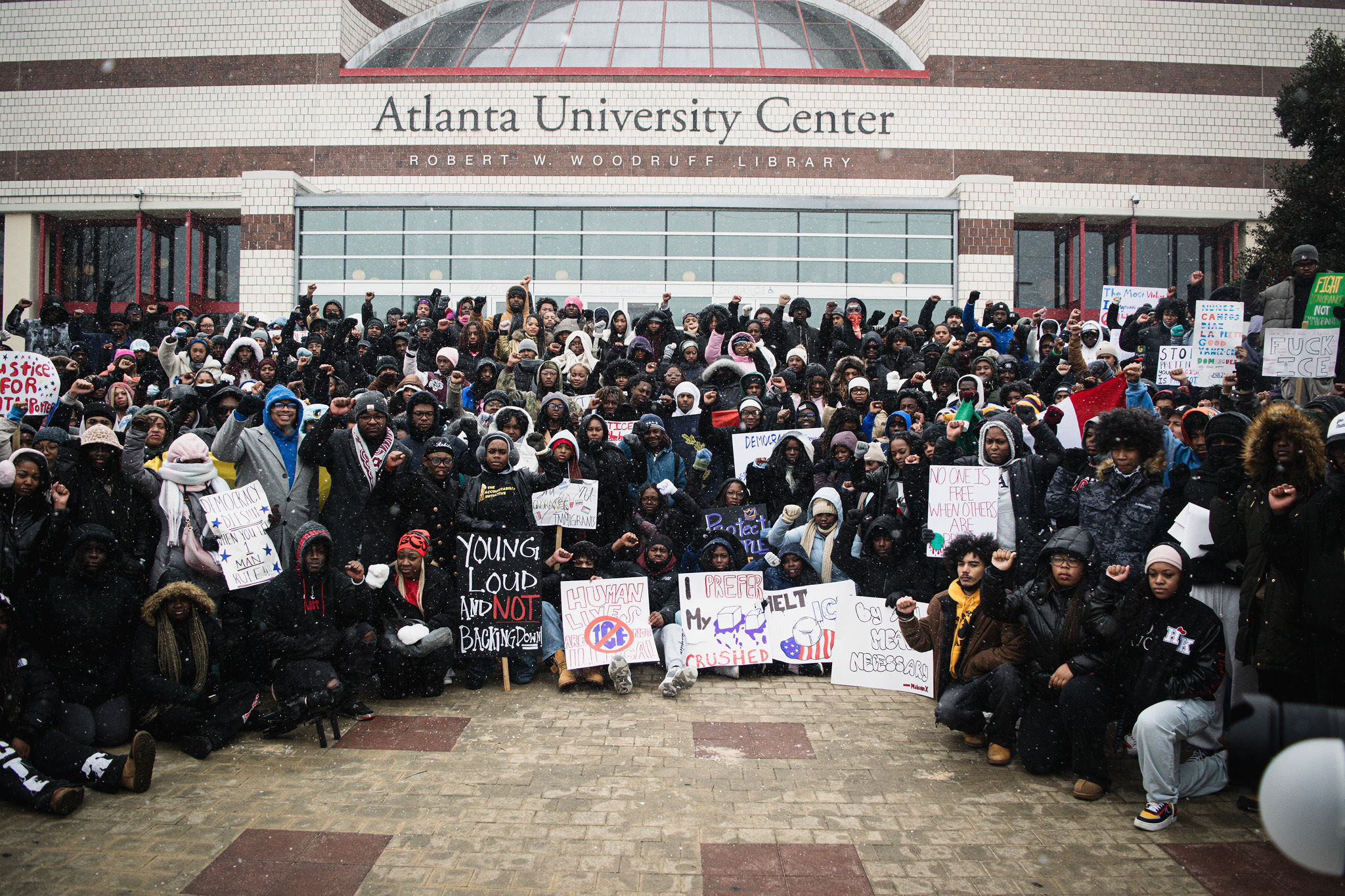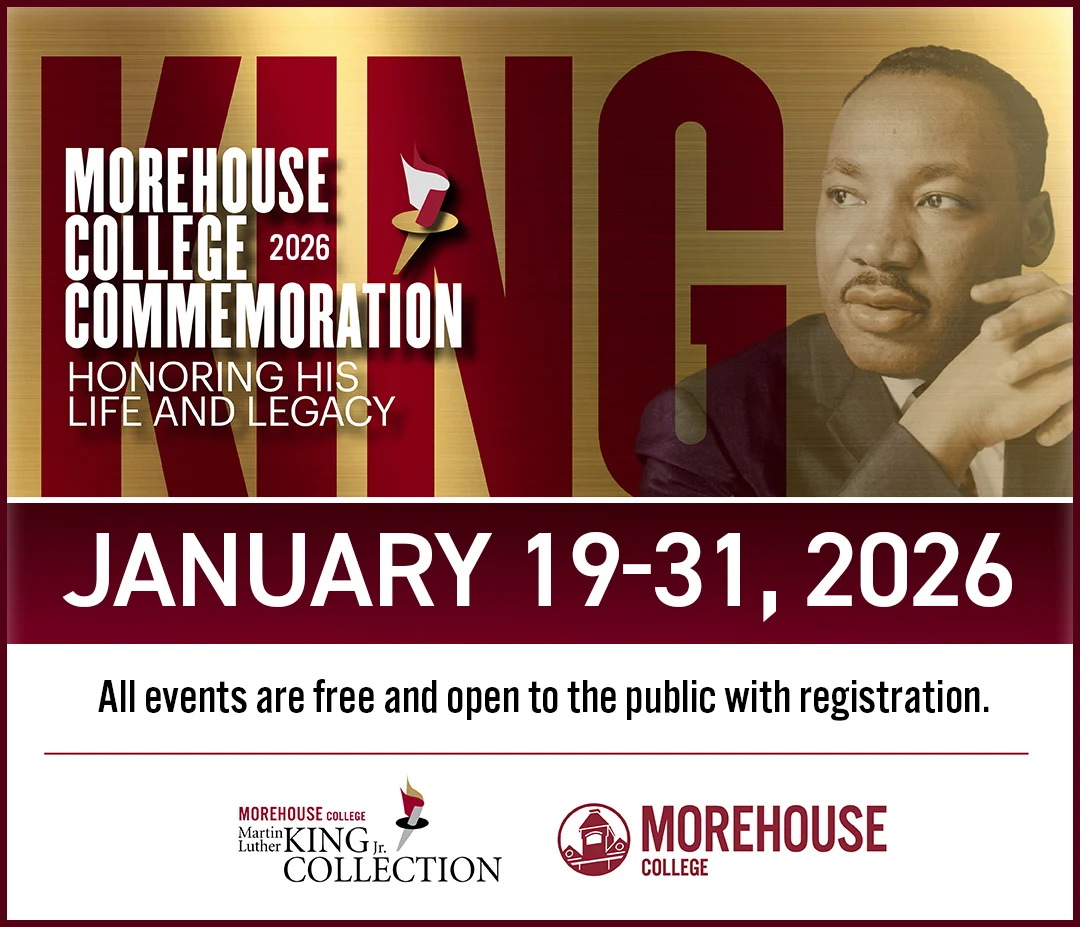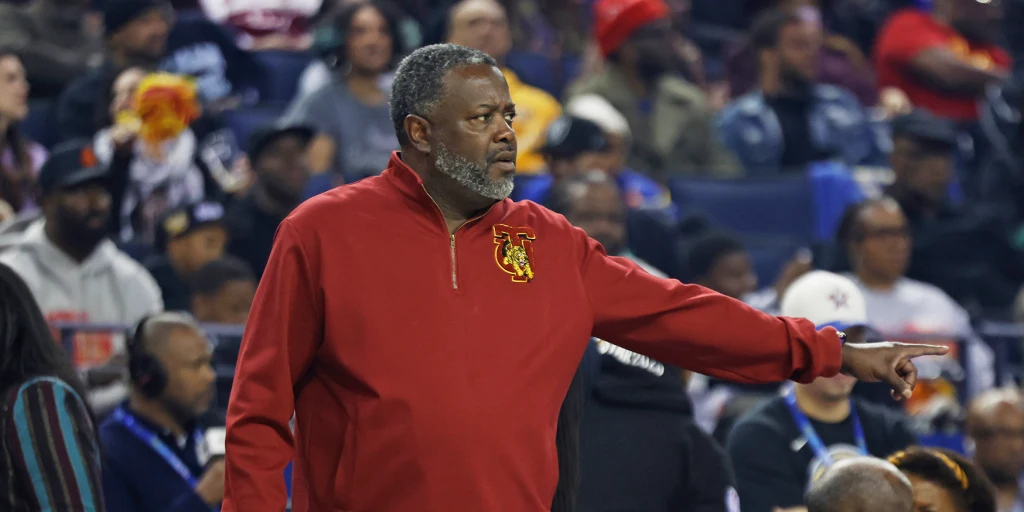Image via Washington Post
By: Unimashi Akande, Staff Writer
It is not often that middle school affairs make headlines, but the new educational standards for public schools in Florida have brought them into the public eye. On July 19, 2023, the Florida State Board of Education released a provision in the state’s new education initiative that suggests Black slaves developed skills they could use for their own personal gain.
These educational policies could impact the value of Historically Black Colleges and Universities (HBCUs). With Black students misunderstanding American history, the role of educating them on their historical content could be heavily emphasized for HBCUs. There could be a necessity for a more accurate curriculum that acknowledges the historical significance of these institutions in the framework of African American education and empowerment.
Horace Ryans III is a graduating senior at Morehouse College majoring in Education. He already has first hand experience educating young Black children across the nation.
“I say take an African-American history course or any sociology or psychology course that focuses on Black people, black families, black people’s social interactions,” Ryans said.
One of the purposes of HBCUs is to highlight and advance African American education, especially in times of oppression. They also ensure the portrayal of Black and African American history is not just restricted to slavery but contains the accomplishments of African Americans throughout our history.
“In the African Diaspora and the World (ADW) class, I learned some other things that I had never heard before. For instance, we learned that salsa came to the Caribbean through slaves. They were shackled, so they couldn’t move their feet but tried to dance anyway, creating salsa’s tight movements,” Phoenix King said, a sophomore at Spelman College.
While the provisions cover a wide range of topics, the section on African American history has been receiving the most attention.
The section SS.68.AA.2.3 is titled “Examine the various duties and trades performed by slaves (e.g., agricultural work, painting, carpentry, tailoring, domestic service, blacksmithing, transportation)”. Here is a benchmark clarification that says, “Instruction includes how slaves developed skills which, in some instances, could be applied for their benefit”.
This has caused some growing unease that the portrayal of slavery in American education may not accurately represent the atrocities and inhumane treatment enslaved individuals experienced.
“To say that there’s a benefit is absurd. There’s no benefit to enslavement,” Greg Carr said, a historian at Howard University who is a major contributor to the AP African American Studies framework.
“I would not be a party to standards of African American history that homogenizes our history,” Brenda Walker said, an education professor at the University of South Florida.
Walker is a member of Florida’s African American History Task Force whose work directly focuses on Black students and hiring male teachers of color.
Opponents of the new standards claim it is essential to ensure that students learn an accurate and honest portrayal of our history to prevent the spread of harmful narratives from going unchecked. Some believe that teaching from a singular perspective can silence the voices of marginalized communities and that we must take a more inclusive approach to education.
“How can our students ever be equipped for the future if they don’t have a full, honest picture of where we’ve come from? Florida’s students deserve a world-class education that equips them to be successful adults who can help heal our nation’s divisions rather than deepen them,” Andrew Spar said, the Florida Education association’s president said in the statement released by The Florida Education Association.
Despite the controversy around the new standards, its supporters have stood firm. They claim the standards represent the worst parts of African American history and, in turn, American history. They argue that reducing the history of slavery to just suffering without also talking of perseverance of African Americans during that time.
“Any attempt to reduce slaves to just victims of oppression fails to recognize their strength, courage, and resiliency during a difficult time in American history,” said Dr. William Allen and Dr. Frances Presley Rice, Members of Florida’s African American History Standards Workgroup in a joint statement.
Others believe it’s possible to recognize the resilience and bravery of those enslaved without downplaying the immense oppression they experienced under oppressive systems.
“So, what if you became a carpenter or a blacksmith or a good maid? Your chances of that were not determined by you, it was determined by somebody else. That’s not a rationalization for enslavement,” Marvin Dunn said, a professor emeritus at Florida International University.
Students like King need HBCUs to open their eyes to the beauty and struggle that has come with being a black person in America.
“These courses allow you to discuss current events in the media and the news, and in real-life analysis, you have a varying perspective on how to interpret the world,” Ryans said.
Copy Edited by: Auzzy Byrdsell, Editor in Chief

